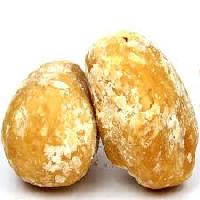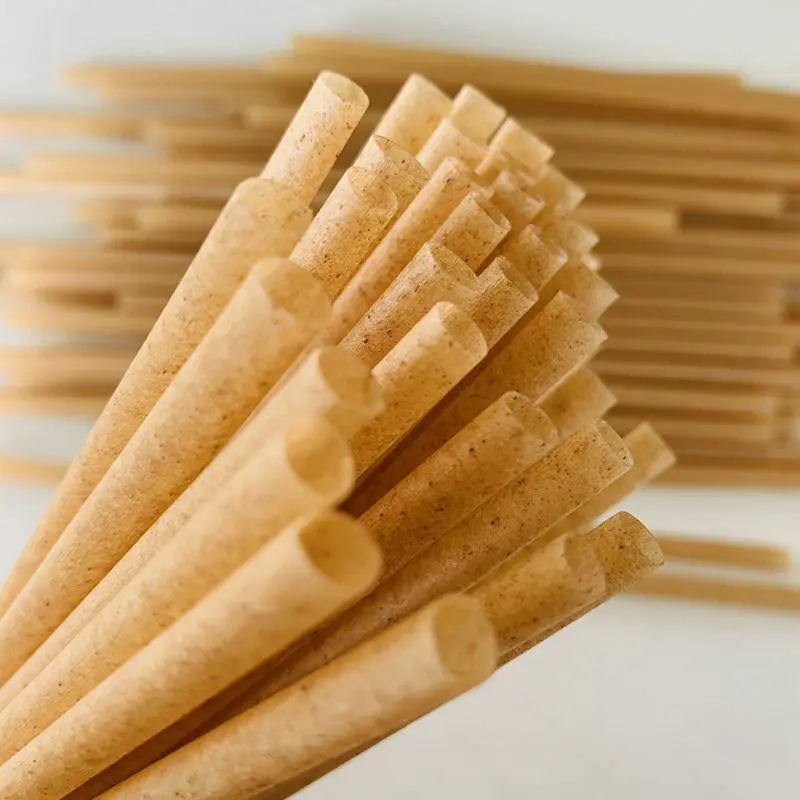From Sugarcane Product to Energy: The Versatile Uses of Sugarcane
From Sugarcane Product to Energy: The Versatile Uses of Sugarcane
Blog Article
Lasting Sugarcane Products: From Sweeteners to Eco-Friendly Goods
The capacity of sustainable sugarcane items extends beyond standard sweeteners to include a range of green products, presenting a compelling situation for their integration right into modern consumer methods. As the world grapples with pressing ecological issues, sugarcane emerges as a functional resource capable of addressing both dietary requirements and sustainability goals.
Review of Sugarcane Sustainability
As the demand for ecologically pleasant items expands, understanding sugarcane sustainability comes to be increasingly important. Sugarcane, a functional crop, is cultivated mainly in tropical and subtropical regions, and its sustainability is essential for both ecological health and economic feasibility. Sustainable sugarcane farming methods concentrate on minimizing eco-friendly effect while making best use of performance and profitability.
Secret facets of sugarcane sustainability include reliable land use, minimized chemical input, and improved water monitoring. Practices such as crop rotation, incorporated bug monitoring, and organic fertilizing add to soil wellness and biodiversity. Additionally, innovative technologies, such as accuracy agriculture, assistance maximize resource usage and lower waste.
Furthermore, sugarcane is a renewable energy, with spin-offs that can be utilized in different sectors, from biofuels to naturally degradable plastics, thus decreasing reliance on fossil fuels and reducing carbon footprints. Accreditations like the Bonsucro basic motivate sustainable methods across the supply chain, promoting openness and responsibility.

Sugarcane-Based Sweeteners
Making use of sugarcane as a main source, sugarcane-based sugar have actually acquired prominence as all-natural options to polished sugars and man-made sweeteners (sugarcane product). These sugar, stemmed from the extraction and processing of sugarcane juice, offer a series of products that satisfy diverse consumer preferences, including natural and minimally processed alternatives
Raw walking cane sugar keeps even more of the all-natural flavors and nutrients located in sugarcane, making it a favored option for health-conscious customers. Panela, a conventional Latin American sweetener, is generated by evaporating sugarcane juice, maintaining its natural minerals and vitamins.
The expanding need for sugarcane-based sugar is driven by raising awareness of health and wellness and sustainability problems related to traditional sugar. By picking sugarcane-derived products, consumers not just sustain lasting agricultural techniques but likewise add to a much healthier way of living, straightening their nutritional choices with their environmental values.
Eco-friendly Product Packaging Solutions
Arising as a sensible choice to standard plastics, biodegradable packaging options originated from sugarcane are changing the product packaging sector. These cutting-edge products provide an eco-friendly alternative that addresses the growing issues over plastic contamination. Using the natural sugars located in sugarcane, suppliers are developing different kinds of naturally degradable packaging, consisting of films, containers, and covers that disintegrate a lot more swiftly than standard plastics.
The key benefits of sugarcane-based product packaging depend on its eco-friendly sourcing and its capacity to damage down into non-toxic results. Unlike fossil fuel-derived plastics, which can linger in the setting for hundreds of years, sugarcane product packaging typically decomposes within a couple of months under appropriate problems. This decrease in waste not just reduces garbage dump overflow but also decreases the carbon impact linked with product packaging materials.
Moreover, sugarcane-derived packaging maintains durable performance characteristics, supplying similar toughness and functionality to conventional alternatives. As customers and companies increasingly focus on sustainability, the fostering of biodegradable product packaging options represents a considerable step in the direction of a circular economy, where products are reused and regrowed rather than thrown out. This shift not just enhances brand name image yet also adds to a more lasting future for the planet.
Eco-Friendly Textiles and Fabrics
Eco-friendly textiles and textiles are obtaining traction in the style and home products sectors as consumers significantly require lasting choices to traditional materials. Amongst the notable choices are materials originated from sugarcane, which offer an ecologically accountable option to synthetic fibers. These fabrics are generated with a procedure that uses the sustainable sources discovered in sugarcane, dramatically decreasing dependence on petroleum-based products.

Brands are increasingly integrating green fabrics right into their item lines, mirroring a broader dedication to sustainability. This shift is not merely a trend but a required development in action to ecological worries. As the marketplace for lasting textiles expands, customers can eagerly anticipate innovative styles that combine style with ecological responsibility. Ultimately, eco-friendly fabrics and materials represent a significant step towards lowering the fashion business's environmental footprint while accommodating the expanding need for accountable consumer choices.
Innovations in Lasting Farming
Changing agricultural practices, advancements in sustainable farming are changing the method plants are grown and taken care of. These advancements concentrate on lessening ecological influence while taking full advantage of efficiency and productivity. Methods such as precision farming utilize data analytics and satellite images to optimize source usage, making sure that water, fertilizers, and pesticides are applied just where needed. This targeted technique not just decreases waste yet likewise enhances plant returns.

Furthermore, agroecology, which integrates environmental principles into farming, advertises biodiversity and dirt health. Practices such as crop rotation, cover cropping, and intercropping foster durable ecosystems that can stand up to insects and climate variations - sugarcane product. In addition, the usage of organic fertilizers and biopesticides contributes to healthier soils and environments

With each other, these developments are not only reshaping the farming landscape however also adding to a more sustainable future for sugarcane and various other crops, lining up agricultural exercise with ecological stewardship.
Conclusion
Sustainable sugarcane items stand for her explanation a significant advancement in eco-friendly choices, covering from natural sweeteners to naturally degradable products. The cultivation of sugarcane with sustainable techniques not only enhances environmental health yet likewise adds to financial practicality. As customer preferences increasingly lean in the direction of sustainable alternatives, the adaptability of sugarcane as a renewable source becomes significantly appropriate. This trajectory underscores the value of continued advancement and commitment to lasting techniques within the sugarcane market, fostering a more lasting future.
The possibility of lasting sugarcane products prolongs past typical sweeteners to include a variety of eco-friendly goods, offering an engaging case for their integration into contemporary customer techniques. Lasting sugarcane farming practices concentrate on decreasing eco-friendly impact while optimizing performance and profitability.
Sustainable sugarcane products represent a considerable improvement in green choices, extending from all-natural top article sugar to eco-friendly items. The cultivation of sugarcane through lasting techniques not just boosts ecological wellness yet additionally Visit Your URL contributes to economic viability. As consumer choices significantly lean in the direction of lasting choices, the convenience of sugarcane as an eco-friendly source comes to be significantly appropriate.
Report this page